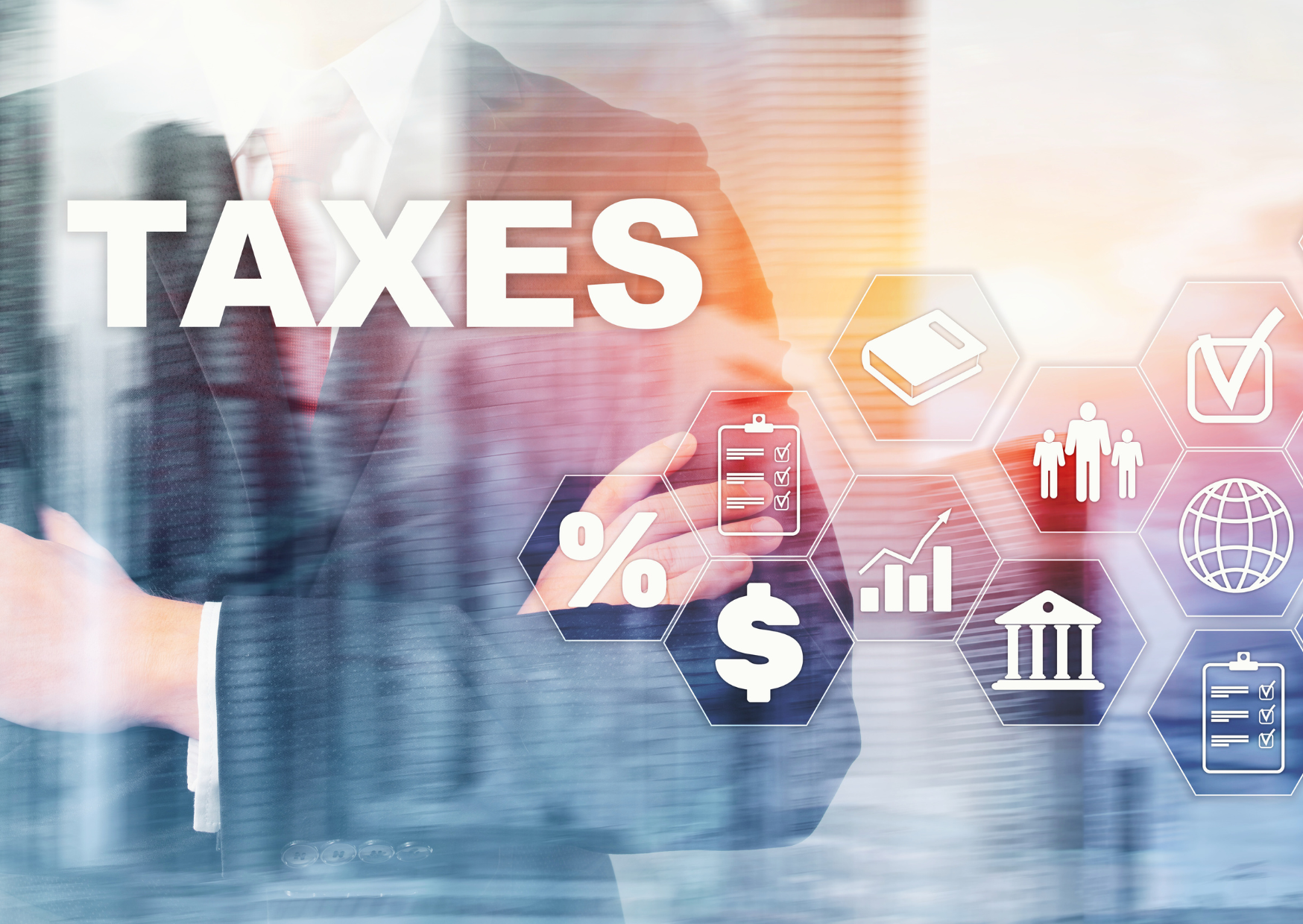We have a historical opportunity to reverse one of the worst distortions of the Israeli tax system and say loud and clear: Do not raise the VAT, raise VAT revenue by cancelling exemptions.
Inspired by the generous American assistance we have benefited from since the beginning of the war, here’s a brief multiple-choice test, nicknamed “American” by Israelis:
Which of the following four options is the most sensible course of action for Israel in 2024, on top of all the cuts and tax increases the public was subjected to because of the costs of war?
- Subsidize Incoming Tourism, at the cost of 480 million shekels
- Subsidize businesses in Eilat, at the cost of 840 million shekels
- Subsidize the price of fruits and vegetables, at the cost of 4.8 billion shekels
- Subsidize all small deliveries from Amazon and Ali Express, at the cost of 1.2 billion shekels
- All answers are correct
The right answer is, of course, (E), all answers are correct, because the State of Israel does indeed subsidize the other four at the estimated cost of over seven billion shekels a year, whitewashed with the term “VAT exemption”.
Why whitewashed?
Because economically, there is no real difference between collecting a sum in taxes and then granting that money back as a subsidy, or simply refraining from collecting the sum in the first place. Thus, in any case of a uniform tax like VAT which is applied to all but four specifically exempt industries, there is a de facto subsidy. And not just any subsidy but a subpar subsidy.
Assuming for the moment that we’re interested in subsidizing fruits and vegetables in order to assist low-income households with healthy food consumption, this form of subsidy means that a large percentage of the nearly five billion shekels this benefit costs the State goes to wealthy households, who would consume fruits and vegetables regardless of the exemption. While these households do indeed spend a smaller proportion of their income on food than do indigent households, they spend more in absolute sums and so receive accordingly more of the benefit. Would it not be better to charge everyone the VAT for produce, and transfer money directly to whoever truly needs it to buy healthy food?
Moreover, part of the subsidy in the form of a VAT exemption never reaches the consumers at all but “gets stuck” on the way – ending up in the hands of retail chains, shopping mall owners, delivery companies, fruits and vegetables importers, overseas farmers, foreign workers employed by agricultural farmsteads in Israel and so on…
The same is true for the desire to subsidize business and residence in Eilat, on various (dubious) economic grounds. Is there really no better way to do so than a VAT exemption costing the State close to a billion shekels a year in lost tax revenue, and benefitting not only Eilat residents but manufacturers, large firms and the occasional shoppers who take advantage of their yearly vacation to buy an iPhone? Wouldn’t it be preferable by far to simply distribute money directly to households and businesses in Eilat, and perhaps more efficiently to Eilat’s municipality, to avoid the added burden of enforcement costs at lower public cost?
However, far, far more severe than the inefficiency of subsidizing incoming tourism or package deliveries from Ali Express, the VAT exemption has a substantial issue with transparency, which is always true, but is underscored when circumstances like wars, pandemics, and other catastrophes demand cuts. Thus, for instance, while recent public controversies arose – and rightly so – about every shekel of subsidy not yet cut, and every superfluous government office that hasn’t yet been terminated, a subsidy amounting to more than seven billion shekels passed unnoticed.
How did that happen?
Because it didn’t appear in the budget, being “only” an exemption from paying a tax that all other citizens and businesses in Israel must pay – and pay more now, after the war induced cuts and tax raises.
How much more?
7.2 billion shekels more.
The 2024 updated budget determines that starting next year, the VAT will rise from 17% to 18%, a move that will burden every single Israeli household. Rather symbolically, the increase is projected to gain the State a yearly sum of approximately the same amount as that lost by the selective exemptions. In other words, we have a historical opportunity to reverse one of the great distortions in the Israeli tax system and say loud and clear: do not raise the VAT, increase revenue by canceling the exemptions.
And what about all the subsidies and the good (or less than good) intentions underlying them?
Let our MKs introduce them into the budget, put them up to a yearly vote and see how they fare. Full transparency may also yield the “All answers are correct” outcome…
First published in Hebrew on ice.co.il
See the full memorandum on raising VAT [Hebrew]



